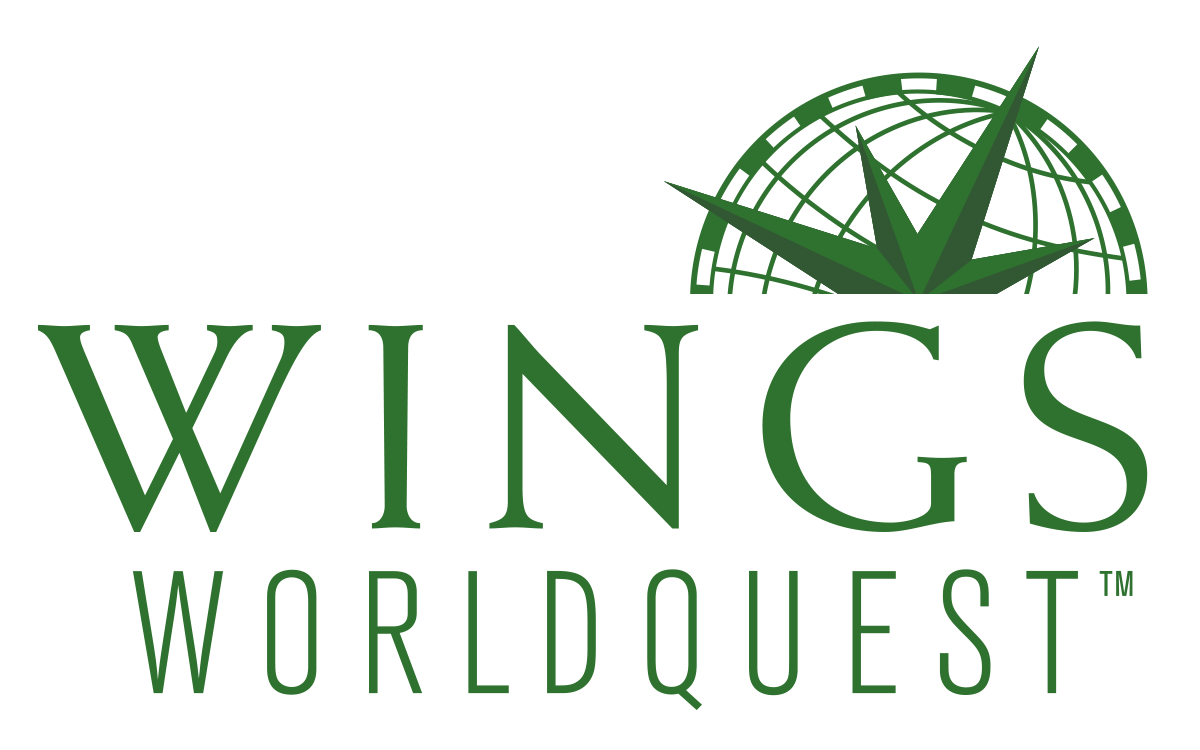2023 Women of Discovery: Q&A with Dawn J. Wright
On October 12th, WINGS WorldQuest will induct five new Fellows during our 2023 Women of Discovery Awards Gala in New York City. In a special Q&A series, we are sharing a little bit about each honoree. DR. DAWN J. WRIGHT, a specialist in marine geology, geography and oceanography, is a leader in the development of data science for the oceans. Her research interests include geospatial data science, seafloor mapping, coastal/ocean informatics, and environmental education. She is Chief Scientist of the Environmental Systems Research Institute (Esri), where she was appointed in 2011 after 17 years as a professor of geography and oceanography at Oregon State University.
WINGS: Tell us your story. How did you get involved in science and your field specifically?
DAWN WRIGHT: I am currently the Chief Scientist of the Environmental Systems Research Institute (aka "Esri"), a world-leading geographic information system (GIS) software, services and spatial data science company. I'm also a professor of Geography and Oceanography at Oregon State University (OrSt), where I've been on the faculty since 1995. Prior to joining the OrSt faculty, I was a seagoing marine technician for the international Ocean Drilling Program and a post-doctoral research associate at the NOAA Pacific Marine Environmental Laboratory in Newport, Oregon. A few years after the deepsea vehicle Argo I used to discover the wreck of the RMS Titanic in 1985, I was presented with some of the first GIS data sets to be collected with that vehicle while a graduate student at UCSB. It was then that I first became acutely aware of the challenges of applying GIS to deep ocean environments. I have completed oceanographic fieldwork (oftentimes with GIS) in some of the most geologically-active regions on the planet, including the East Pacific Rise, the Mid-Atlantic Ridge, the Juan de Fuca Ridge, the Tonga Trench, volcanoes under the Japan Sea and the Indian Ocean, and American Samoa.
In the early 1990s I became the first female of African descent to dive to the ocean floor in the deep submersible Alvin. On July 12, 2022, I became the first person of African descent (of any gender) to dive to Challenger Deep, the deepest point on Earth, and to successfully operate a sidescan sonar at that full-ocean depth. This was accomplished in the deep submersible Limiting Factor. To my shock and humility I was also recently elected to both the National Academy of Sciences and the National Academy of Engineering. During my childhood in Hawaii, I was inspired to pursue a career in marine science by Jacques Cousteau and Marie Tharp, but also by the Apollo 11 astronauts and Mae Jemison! There is a fun article about this here as well as a neat set of videos with the executive producer of the 2023 "Little Mermaid" here (see Video 1). My STEM academic journey includes a B.S. in Geology from Wheaton College (Illinois), an M.S. in Oceanography from Texas A&M, and an interdisciplinary Ph.D. in Marine Geology and Physical Geography from UC-Santa Barbara.
WINGS: What is something you would like people to understand about your work?
DW: Mapping can be extremely difficult and dangerous. It takes both high-quality data and scientific knowledge to create a map that tells a compelling STORY, and as much of that story as possible. In terms of mapping the ocean, many still don't understand that the majority of it is unmapped at the highest levels of detail that we need in order to sustain and protect it. This is most definitely the case below the surface of the oceans, i.e., the waters below the surface and the terrain along the bottom. I see the maps that my colleagues and I make at Esri as unlocking the buried treasure of scientific insight (especially those on the ocean floor), so that we can understand how that part of the Earth works, and hopefully how we can better protect it.
WINGS: What are the greatest barriers to more women working in science?
DW: Ignorance and stupidity.
WINGS: What gets you up in the morning?
DW: In a literal sense, the heat! My local weather forecast spurs me to get up and out early enough to ride my bike before it gets too dangerously hot. In a figurative sense, it's all the opportunities to create greater mapping and science awareness for all, "to build a longer table rather a taller fence."
WINGS: What's your next challenge?
DW: Continuing to learn how to manage my ENERGY as well as my time. As Jessica Chastain's character said in her 2016 film, Miss Sloane, “Career suicide's not so bad when you consider the alternative is suicide by career.”
WINGS: Describe yourself in three words.
DW: Happy, loyal, principled (in other words, I'm like my golden retriever!)

